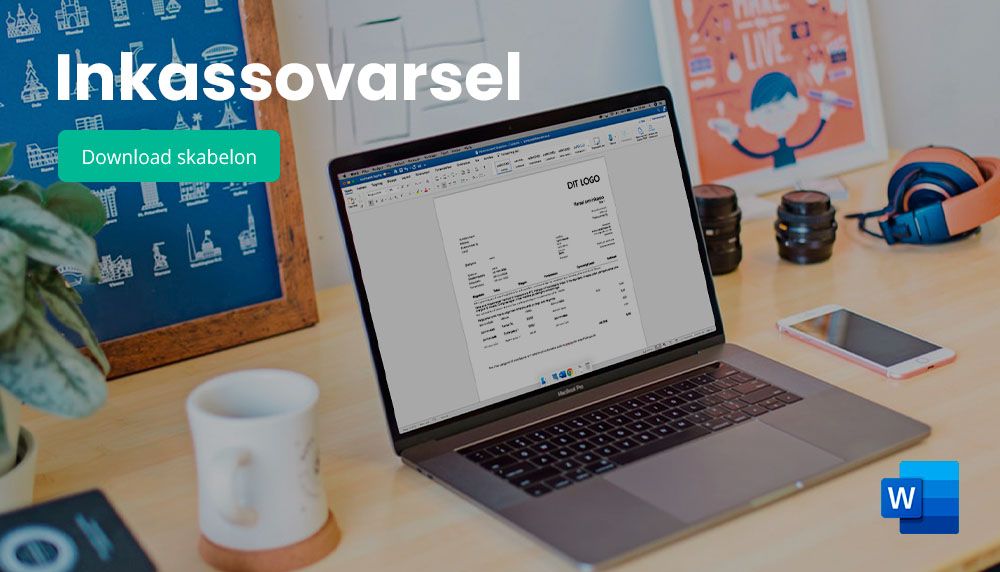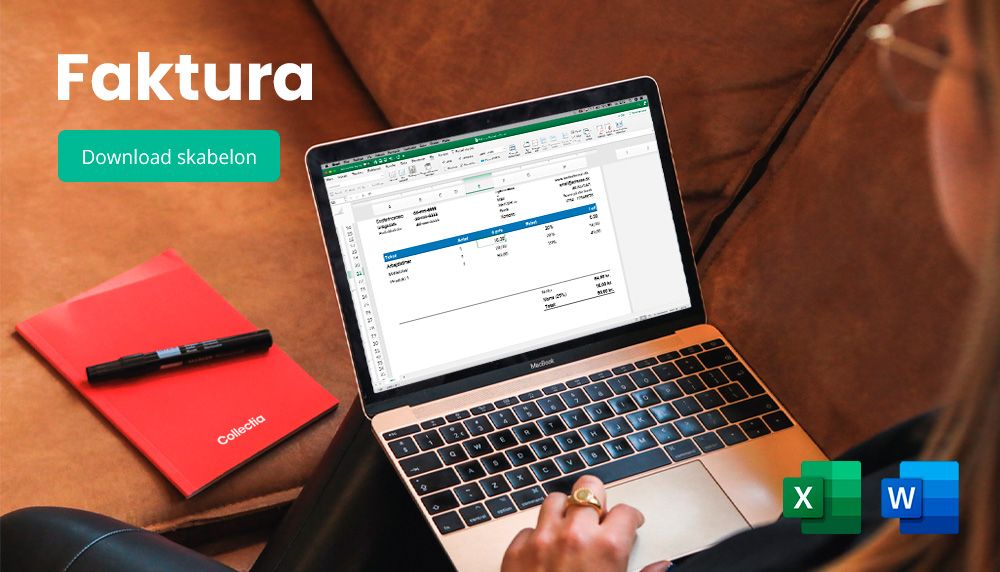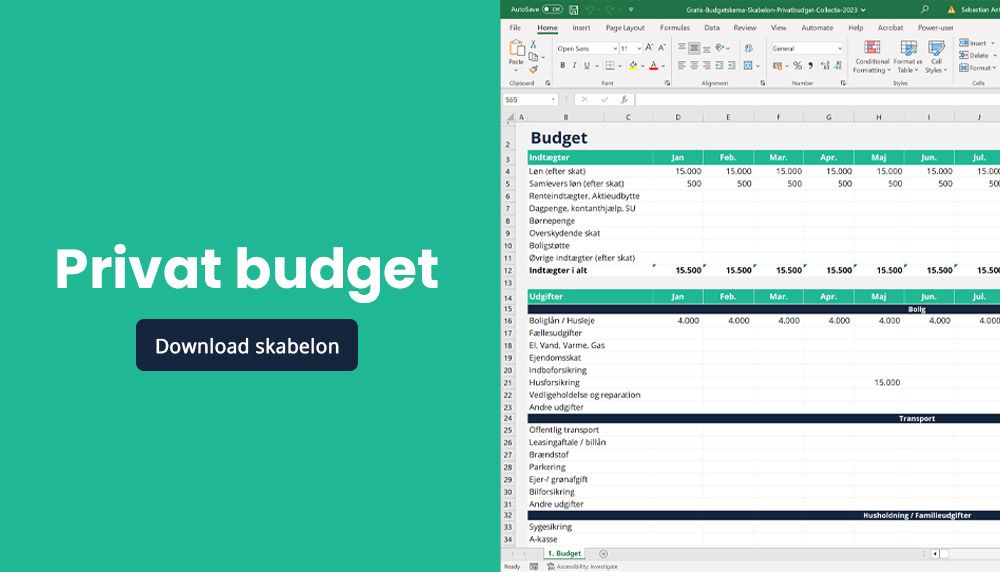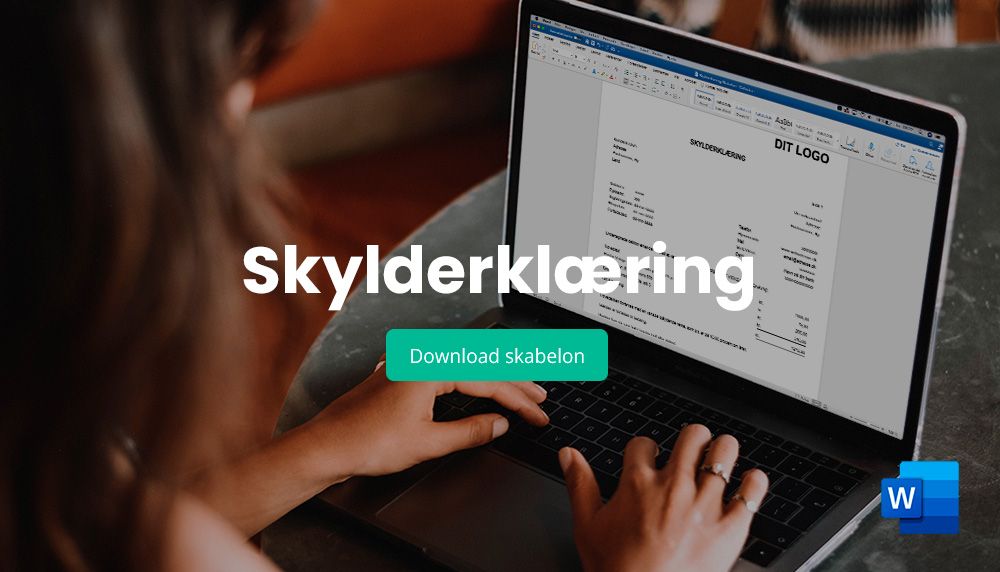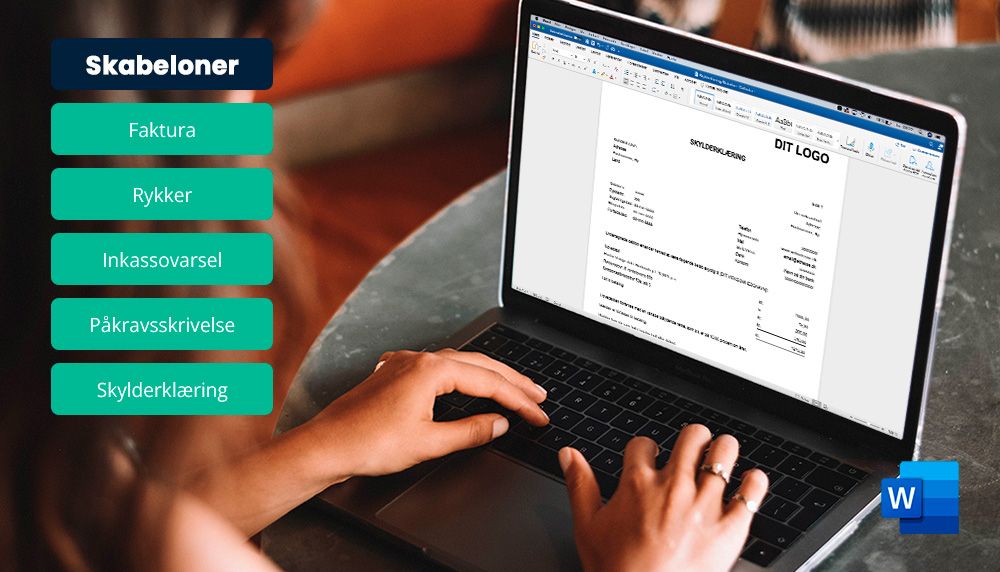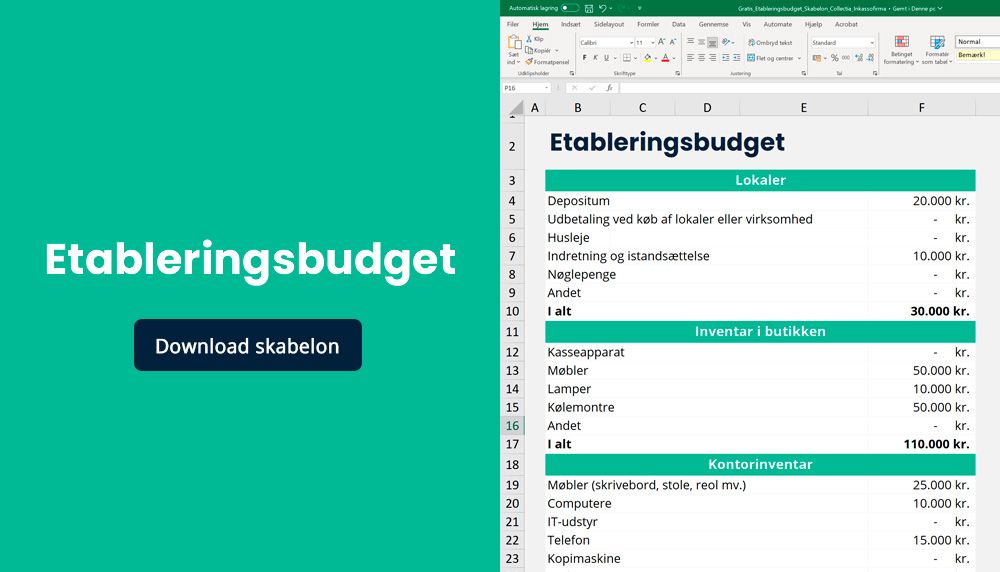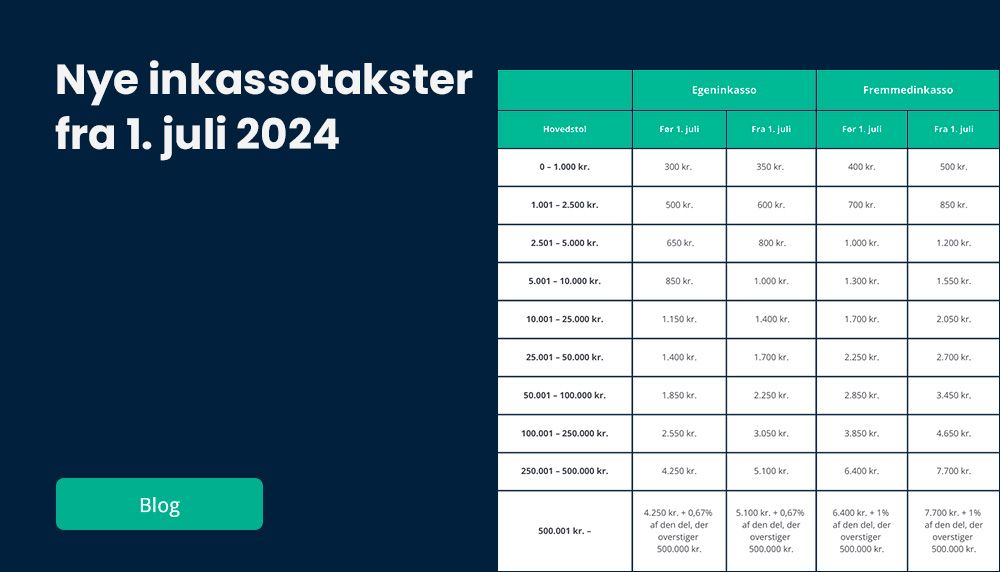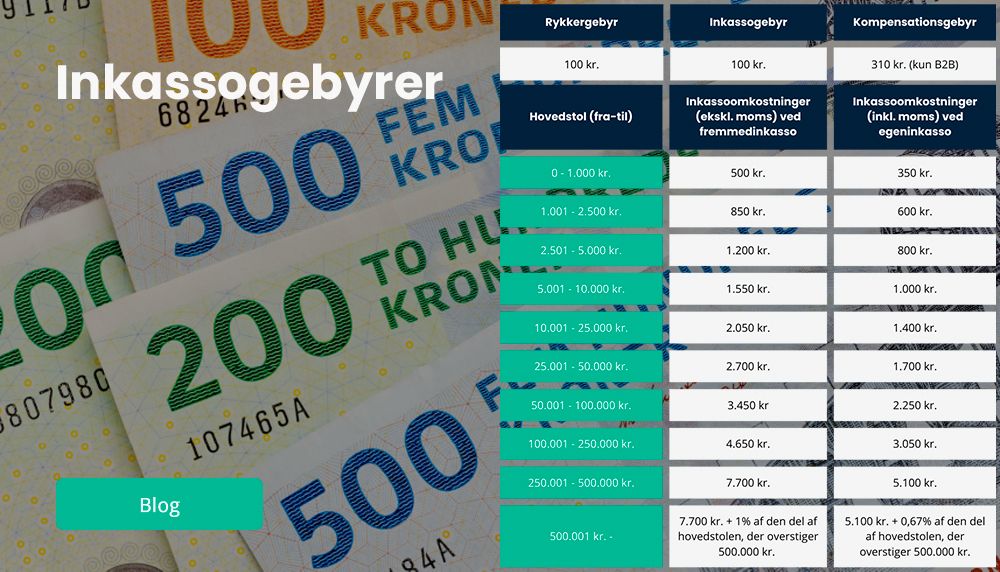
What is a debtor?
The term "debtor" refers to a person or company that owes a debt to another company or individual.
In legal terms, the word "debtor" is often used as a synonym for debtor. The company or individual to whom the debtor owes money is called a "creditor".
The word "debtor" comes from Latin and simply means "debtor".
How is a debtor treated?
A debtor is typically only dealt with when the due date has passed and the debtor has not paid on time and is in breach of their obligations.
According to the Debt Collectionand Interest Act, it is not possible to send reminders, impose interest/costs or the like before the payment deadline has passed.
As a creditor, you have many options for dealing with debtors if you haven't received your payment on time. For example, you can start a reminder procedure where you send reminder letters with or without a reminder fee. It is important to be aware of the applicable requirements for deadlines and the maximum amount of the reminder fee.
In addition to reminder letters, you can also impose a compensation fee of up to DKK 310 on the debtor. The compensation fee helps to compensate for the non-payment and thus the extra expense you incur when reminders are sent to a debtor.
If the reminder procedure does not have the desired effect, you can start a debt collection procedure. This is done by sending a debt collection notice.
Who processes a debtor?
There are several players who can deal with a debtor when a payment is missing.
It can be the creditor themselves, the creditor's debt collection company or the creditor's debt collection lawyer. Most debt collection companies and lawyers can assist with everything from reminder processes, collection procedures and, if necessary, enforcement proceedings.
In Denmark, you need to be an authorized debt collection company to work with debt collection and debtors. This is to ensure that the right people and companies are handling Danish debtors. There are around 95 authorized debt collection companies in Denmark that are allowed to work with debt collection. You can find the list of these at Politi.dk.
In principle, all Danish lawyers can deal with debtors and thus perform debt collection. Lawyers who work with debt collection often refer to themselves as debt collection lawyers. You can find a list of lawyers who specialize in debt collection at https://www.advokatnoeglen.dk/.
It is important to note that even if a lawyer is licensed to work with debt collection, not all lawyers choose to offer debt collection as a service in their law firm.
Do you need help managing your debtors?
At Collectia, we have more than 150 years of experience in professional debtor management - from sending reminders, to debt collection, to enforcement.
Our online platform makes it easy for you to create, track and close your cases.

